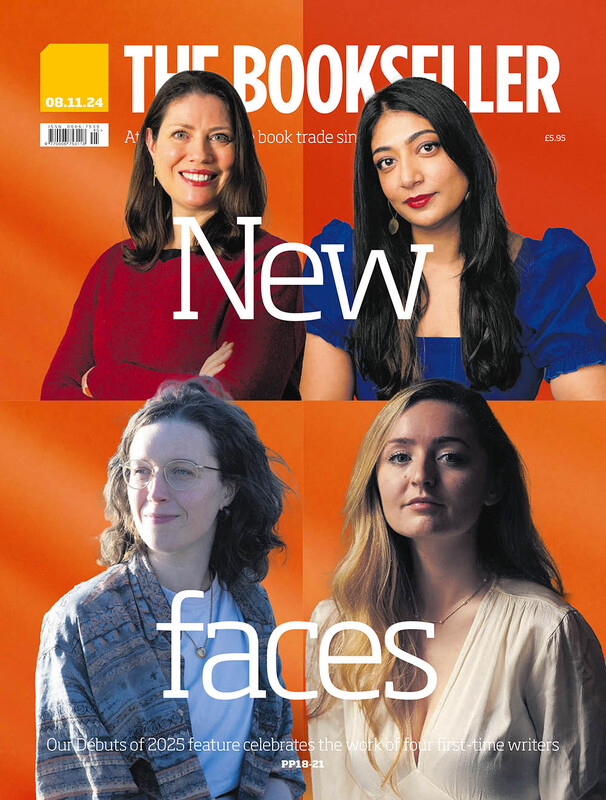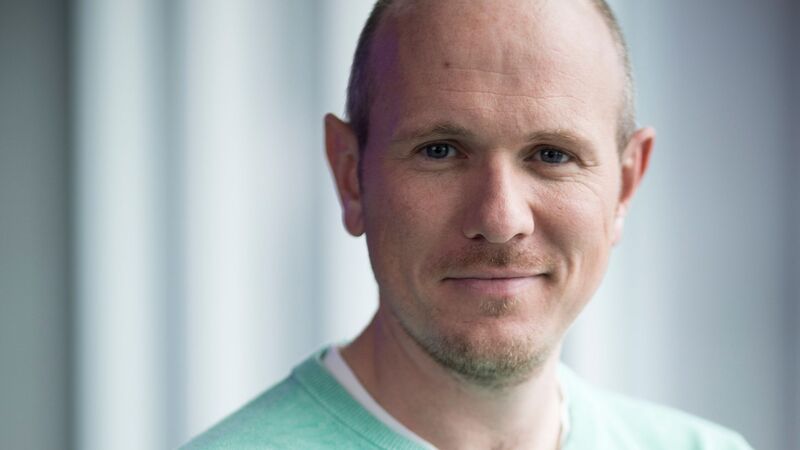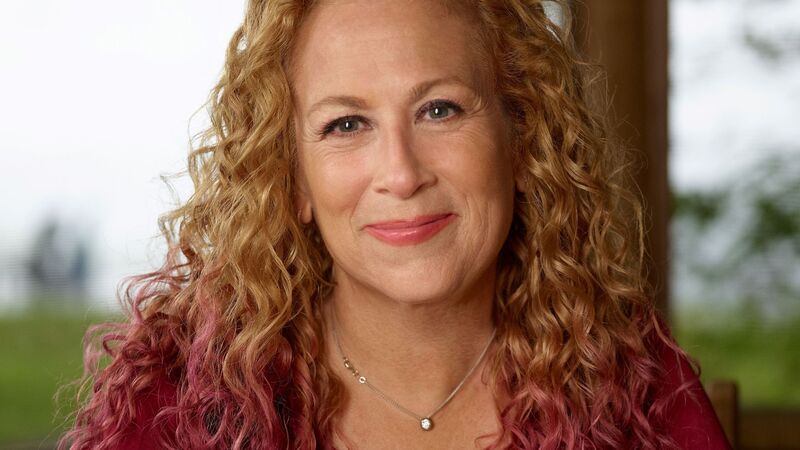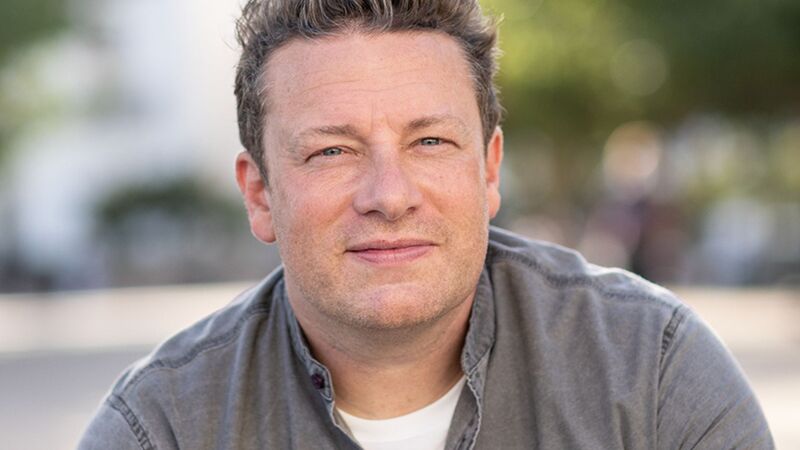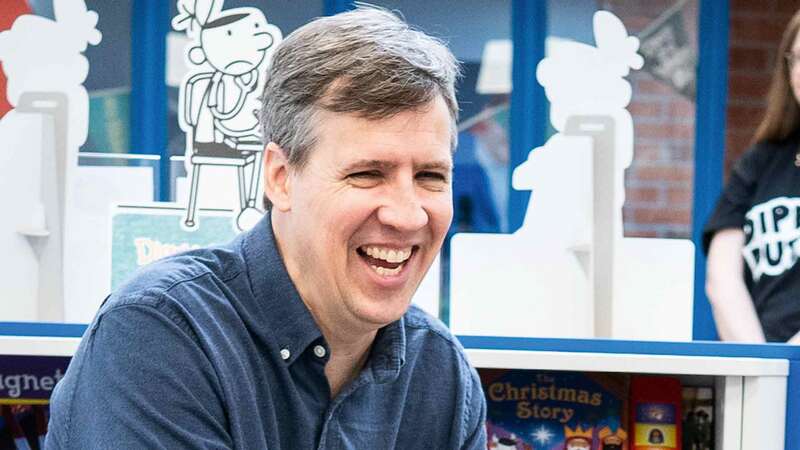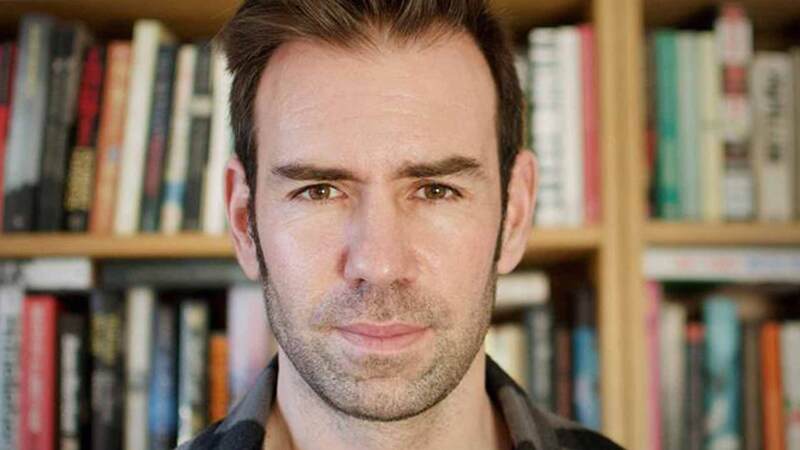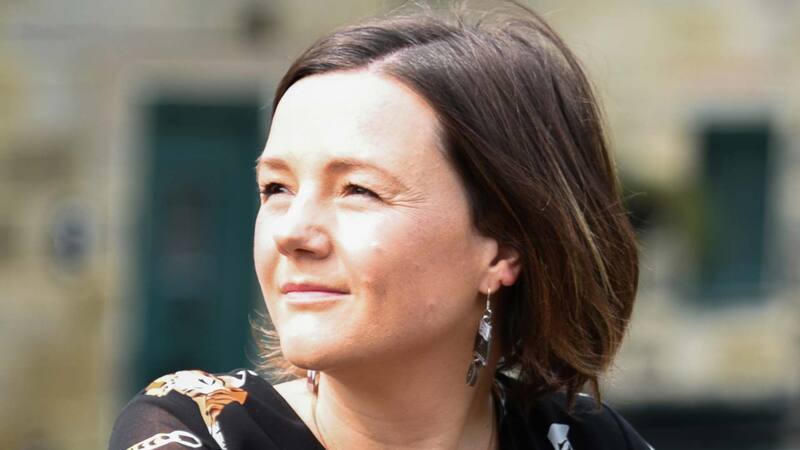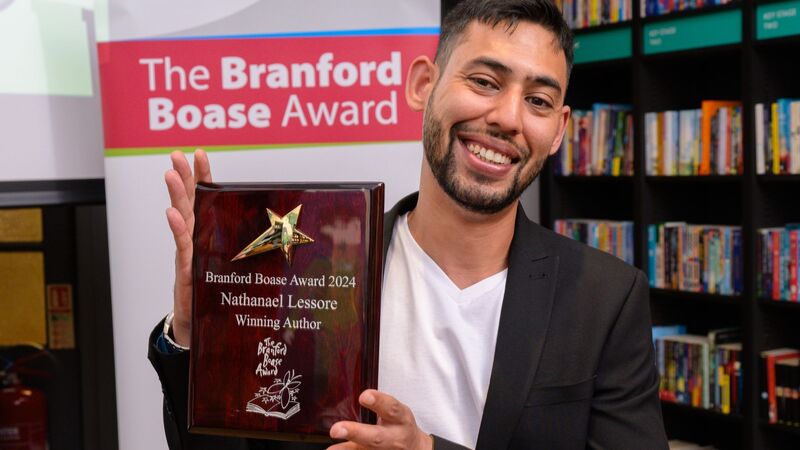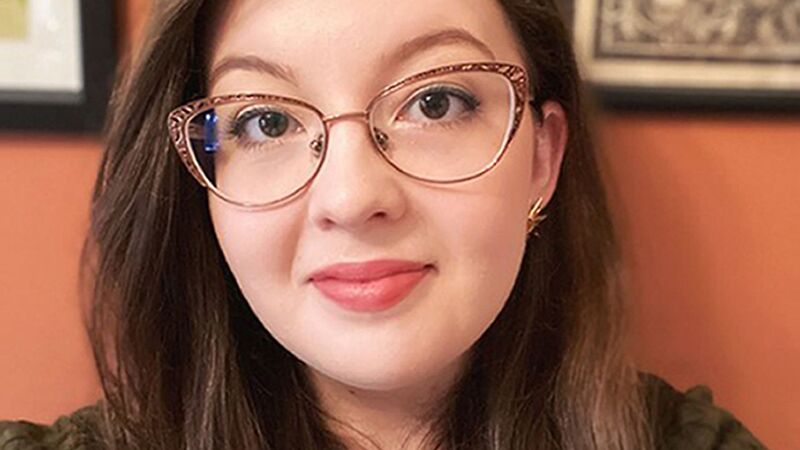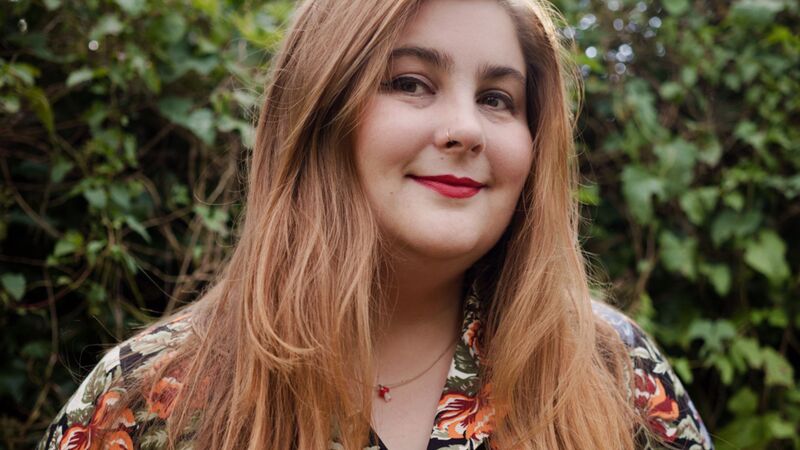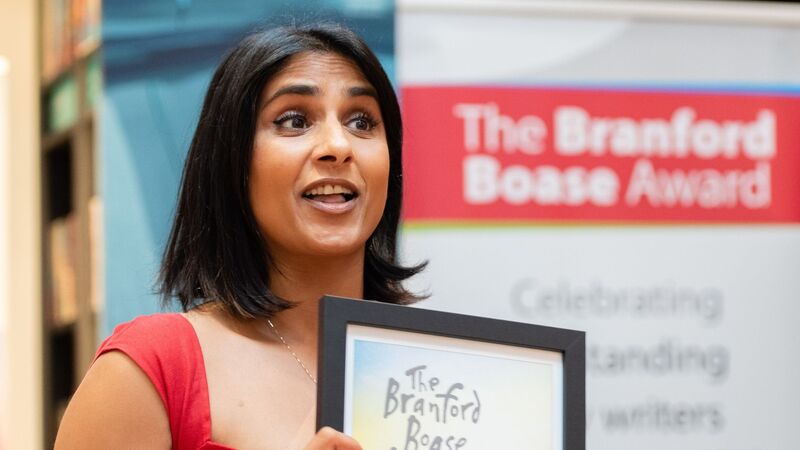You are viewing your 1 free article this month. Login to read more articles.
Twenty years of the Branford Boase Award
Frances Hardinge, Kevin Brooks, Meg Rosoff, Jenny Downham—what do they have in common? Apart from their notable role in shaping contemporary children’s literature, they are all winners of the Branford Boase Award.
It is twenty years since Anne Marley and I set up the Branford Boase Award to commemorate and celebrate prize-winning author Henrietta Branford, and her inspirational editor Wendy Boase of Walker Books. Tragically both died of cancer in 1999, the year after Henrietta won the Guardian Children’s Book Prize with her powerful and original novel Fire, Bed and Bone. An award to promote new writers seemed the most fitting way to remember them, and we decided it must also include recognition of the crucial role an editor plays in supporting authors and shaping their stories. The Branford Boase Award therefore is given to the author of the year’s outstanding debut for children and to the book’s editor. It remains the only award to recognise author and editor.
Twenty years ago the opportunities for first time writers were small. New authors were hard to sell and publishers were wary of taking on too many of them. In fact in the first year of the award we received only 20 submissions. Nonetheless, there were exciting new voices on that list, telling stories that we hadn’t heard before, and in its first three years the Branford Boase Award identified, amongst others, Louise Rennison, Marcus Sedgwick, Philip Reeve and Bali Rai as future stars. As the prize developed over the years, we became increasingly proud of the BBA’s success in identifying authors who would go on to have major careers.
Providing an opportunity for new authors and new writing to be promoted and discussed changed the landscape too. These days we regularly receive between 50 and 60 books to consider, sometimes even more. Publishers are undoubtedly much keener to promote new authors though in a market which is more competitive than ever, the pressure to be an overnight success can be intense. “It's a world that sticks with and stands by the debut author for increasingly shorter periods of time” says our 2001 winner Marcus Sedgwick, “One book, maybe two. Didn't sell? Okay, so on to the next candidate. I've seen it happen to many people.”
Commercial pressures like this are greatly eased by recognition from the Branford Boase Award, while tellingly the roll call of winning editors is dominated by those who are in it for the long run: Fiona Kennedy, still working with Sedgwick after two decades; three times winners David Fickling and Barry Cunningham; Ruth Alltimes, who won with Frances Hardinge in 2006, ten years before their Costa success with The Lie Tree.
This year’s shortlist is as exciting and packed with talent as any of the previous 19. Indeed, of the seven books on the list, one has already won a national award, one was shortlisted for the Costa Children’s Book Award, and another is in the running for the CILIP Carnegie Medal, arguably the most prestigious of all children’s book awards. As ever, the shortlist reflects the current preoccupations of writers and readers of children’s books. It features two fast-paced, original magical stories; two wartime adventures, very different in theme but equally powerful; a touching, unusual romance with a very distinctive central character; a topical coming of age story starring a protagonist in a singularly dangerous situation; as well as a charming, thoroughly child-centred perspective on the refugee crisis. Themes explored include resilience and identity, the importance of knowing who you can trust and of developing a sense of self.
These seven outstanding books demonstrate that there is always something fresh, original and unexpected to come as new writers gather in the threads from all around them and think of the best way they can tell their story. Exciting as they are, we can’t wait to read what these authors will write next.
Thanks to Walker Books, who have pledged new funding to ensure its future, the Branford Boase Award will continue to encourage and highlight new writing talent, and to recognise the role played by the editor. With each year, the award grows in reputation and we couldn’t have asked for a better way to remember Henrietta and Wendy.
Julia Eccleshare is chair of PLR and director of the Hay Festival children’s programme.

